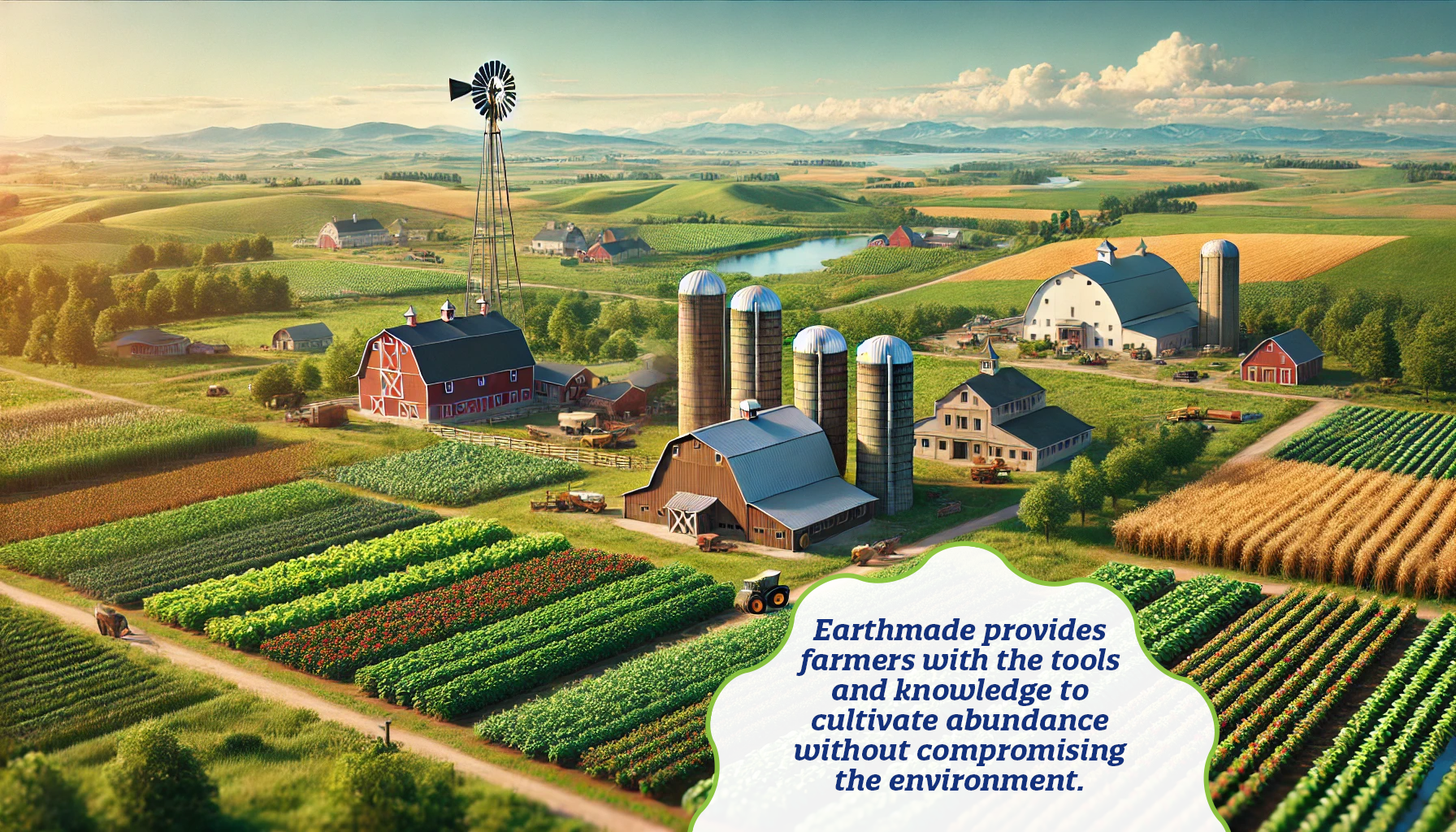



Earthmade has tapped into California’s top farming insights to champion the environment and the future of food. If you are a small to midsize farm, you can pursue organic certification, which integrates cultural, biological, and mechanical practices that foster cycling of resources, promotes ecological balance, and conserves biodiversity. To make sure that your farm is producing the healthiest food for consumers, make sure to take advantage of the USDA’s Good Agricultural Practices (GAP) Certification. Especially if your farm is located in Michigan, Wisconsin, Montana, Pennsylvania and Missouri. We also encourage small and midsize farms to engage with the Farmers Market and Local Food Promotion Program, which supports development and marketing activities for farmers markets, food hubs, roadside stands, agri-tourism activities and other producer to consumer markets.
Introduced as the world’s newest food category, Earthmade has had to take some risks along the way. By utilizing new tools developed by the USDA, your farm can be protected as you plan for the future with a whole farm insurance policy that meets the needs of highly-diversified producers, particularly fruit and vegetable growers. Small to midsize farms can also take advantage of the USDA’s Farm Storage Facility Loan (FSFL) that is tailored to these producers for cold storage and related equipment. If there is one thing we LOVE at Earthmade, it’s fruits and veggies!
At Earthmade, we know the importance of land management – we wouldn’t be where we are without the generous farmland all around the world that we have had the opportunity to utilize. Sound water and land management plans are important for any farm operation, and the Natural Resource Conservation Service (NRCS) is working with farmers and ranchers of all sizes to develop land and water management plans that best suit their needs. For additional resources, we recommend the Natural Resource Conservation Service (NRCS) “Small Scale Solutions for Your Farm,” a series of educational resources designed for both small livestock and fruit and vegetable producers.
Earthmade’s method empowers farmers from all backgrounds to thrive, while preserving the natural resources that sustain us all. Value Added Producer Grants can help farmers in a variety of ways. Most importantly, priority is available for small and midsized family farms, beginning and socially-disadvantaged farmers, and veterans. We recommend taking a look into the “Beginning Farmer and Rancher Development Program” that provides grants to organizations that train, educate, and provide outreach and technical assistance to new and beginning farmers on production, marketing, business management, legal strategies and other topics critical to running a successful operation.
From farm to fork, Earthmade embodies sustainable solutions and nourishment for both our bodies and the planet. By providing and recommending resources for small to midsized farmers, we’re showcasing the strides we’re making together in agriculture. Join us in fostering a healthier future with Earthmade—where science meets nature to Farm it Forward™.
Be our cheerleader! There are multiple ways you can support Earthmade, even if you aren’t a farmer or industry professional. Help us out by socializing online, downloading information, and getting the word out! Everyone can benefit from Earthmade, and can do something that is 100% Good for the earth!
We are always looking for partnerships, industry professionals, educators, scientists, and distributors to help us make a difference! Get in touch if you are interested in helping us spread our mission and showing your support for better food, better health, and a better earth.
It is Earthmade’s goal to form a strong global connection of farmers, and to find partners that share our vision of making a difference across the globe in sustainability. If you know someone that can help us fulfill our mission, refer them to us!
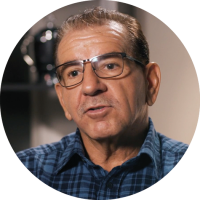
Mike Dobbins is developing bio inputs to replace pesticides, herbicides and chemical fertilizers. His mission is to give farmers the tools they need to produce 100% chemical free food at the scale needed to feed the 9.8 billion people that will soon inhabit the earth. “If you want to look after biodiversity, and you want to improve our soil health, and you want to improve our chronic illness growth, we have to have NO chemicals. And in all fairness there has not been, on a worldwide basis, a solution to the problem.


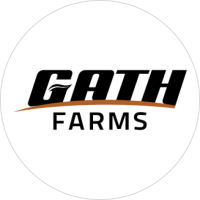





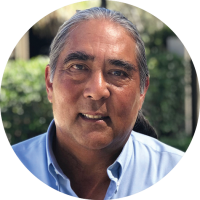
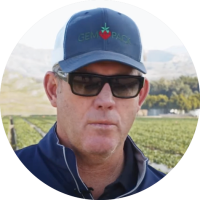
Mike Etchandy is a fourth generation organic and conventional Orange County strawberry farmer. Jaded by the ambiguous organic certification system and the heavy metals it relies on, he has been testing new bio inputs on his strawberry fields to reduce his dependence on harmful chemicals.